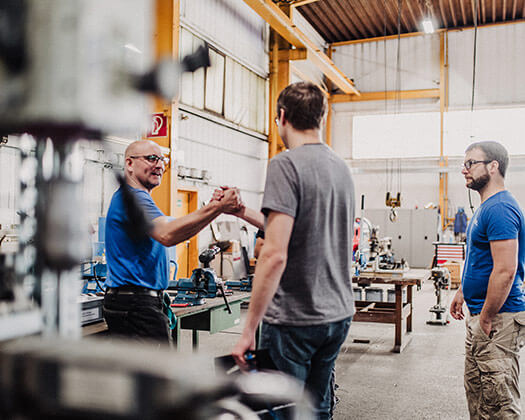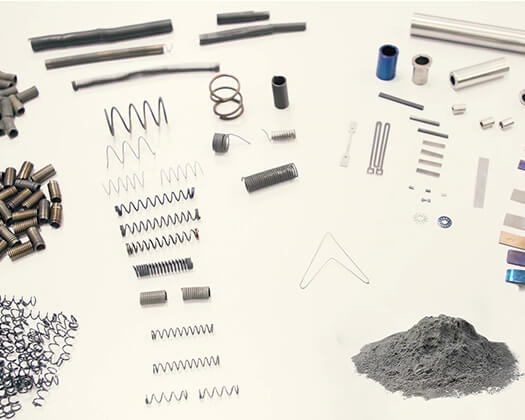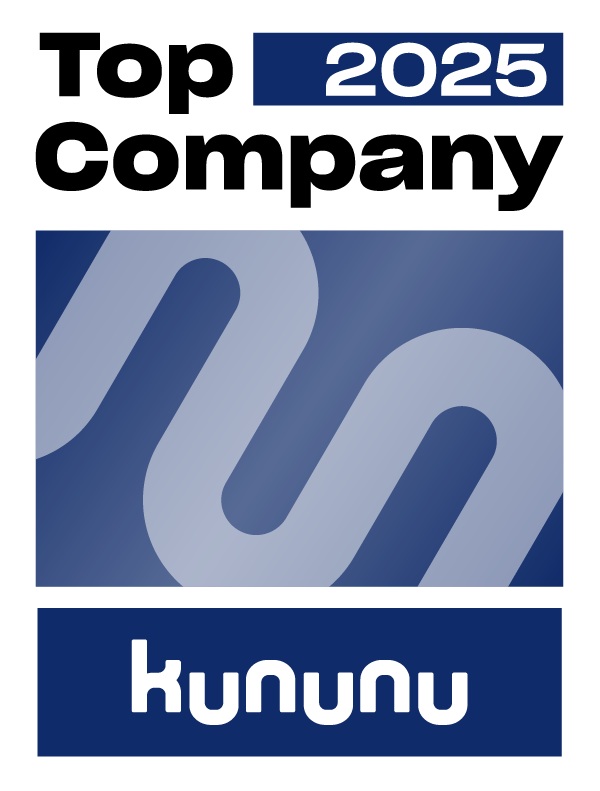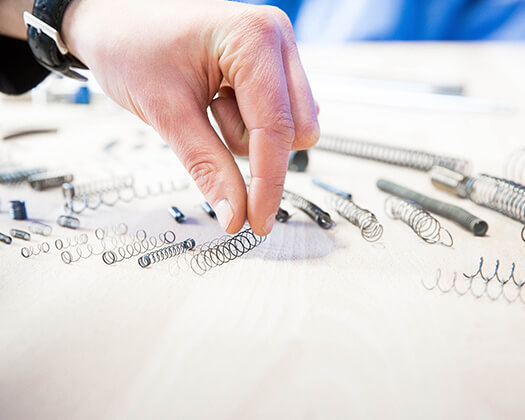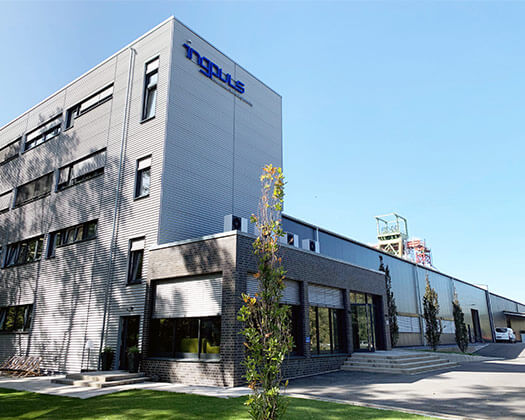
What is an Actuator?
An actuator is a technical component that converts an electrical, thermal, or pneumatic signal into mechanical motion.
It is the “muscle system” of technical systems – no movement without it.
In many applications, actuators work with traditional drive technologies such as electric motors or hydraulics.
Ingpuls takes it further – with smart actuators based on shape memory alloys (SMAs).
How It Works
An actuator receives a control signal – such as voltage, temperature change, or force – and converts it into movement.
Examples:
- Electric motor → Electrical signal → Rotation
- Pneumatic cylinder → Pressure → Linear movement
- SMA actuator → Heat → Return to original shape
The choice of actuator technology depends strongly on the application – space, force, energy consumption, cost, and speed are key factors.
Types of Actuators
- Electromechanical (e.g. servomotors, linear drives)
- Hydraulic (e.g. for high force applications)
- Pneumatic (e.g. for pick-and-place systems)
- Piezoelectric (high precision, small movements)
- Thermomechanical (SMA) → Ingpuls specialty
Advantages of Smart Actuators
Actuators based on shape memory alloys offer:
- Silent operation
- Compact size
- Maintenance-free functionality
- Reversible motion
- High fatigue resistance
- Weight savings
They are especially suitable for use in:
- Medical devices
- Safety mechanisms
- Smart devices
- Building technology (e.g. sun protection)
Applications at a Glance
- Automotive industry: Air flaps, door locks, active safety
- Medical technology: Catheter control, microvalves
- Building automation: Window and shading systems
- Aerospace: Lightweight actuators
- Consumer goods: Glasses, wearables, adaptive textiles
SMA Actuators at Ingpuls
Ingpuls specializes in shape memory actuators based on nickel-titanium alloys that generate mechanical motion through temperature changes.
Example products:
- Wire actuators with programmed restoring force
- Complete systems including sensors and electronics
- Customized development and production
FAQ on Actuators
-
What is the difference between a motor and an actuator?
A motor typically produces rotary motion – an actuator can generate any type of motion (linear, rotary, deforming). -
What is an SMA actuator?
An actuator powered by a shape memory alloy (e.g. Nitinol) – activated by heat, with no need for motors or gears. -
How powerful are SMA actuators?
They can deliver very high force in very small spaces – up to several hundred newtons, depending on geometry and temperature. -
Where can I buy smart actuators?
Directly from Ingpuls – from standard wires to fully customized actuator systems.

